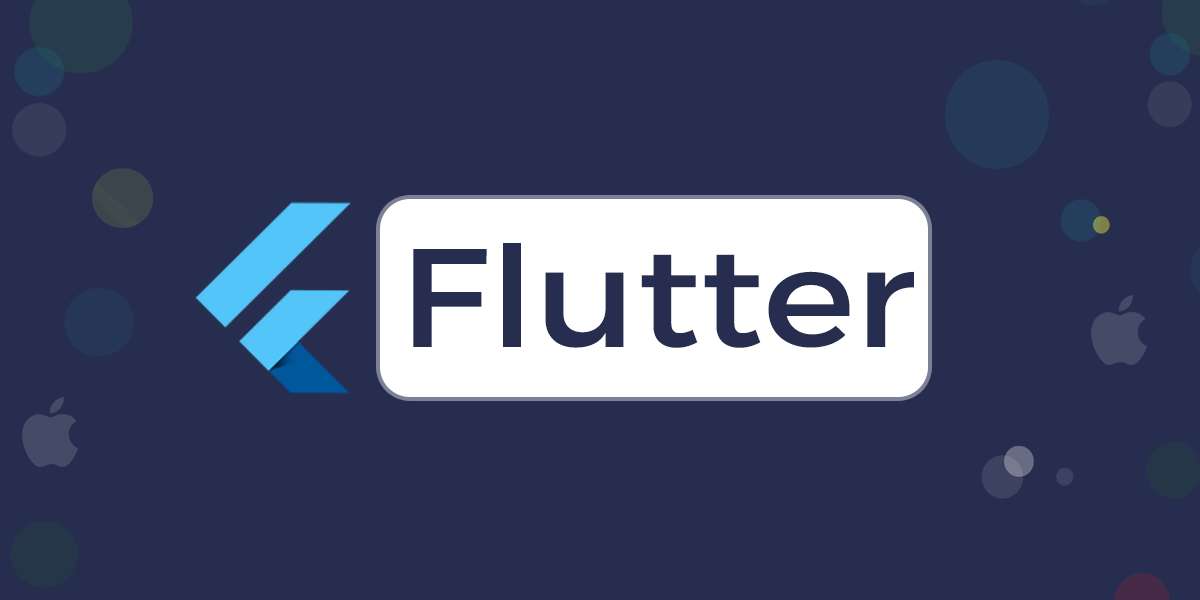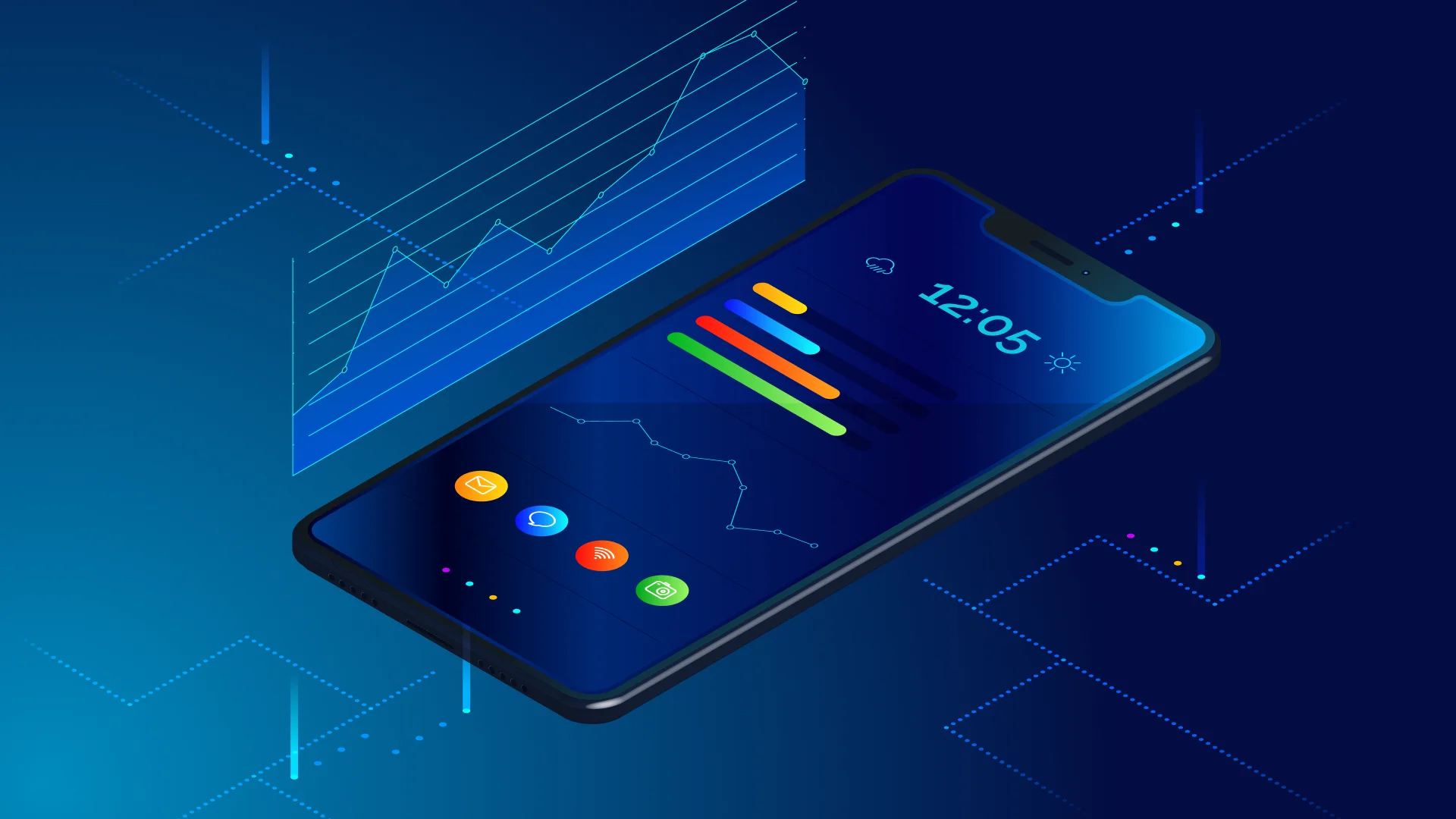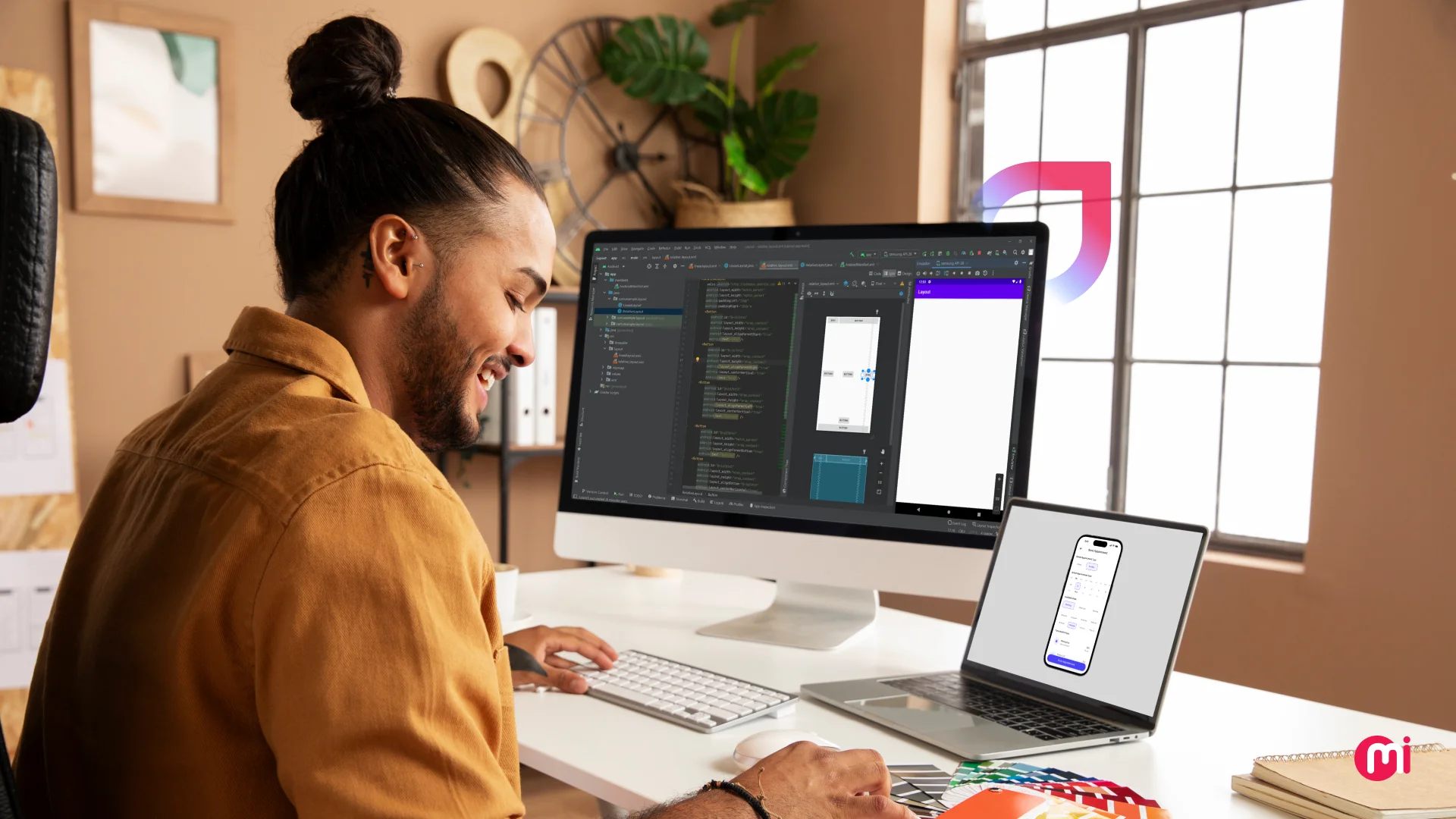Prime Reasons to Choose Flutter For iOS Development In 2022
- Mobile
- January 16, 2019
These days, app development agencies look for cross-platform solutions to develop new mobile applications. Some companies have a restricted budget and a small span of time to launch different apps every day.
One such useful cross-platform solution is Flutter that is highly different from native iOS development. iOS developers must focus on this platform to get a joyful experience while developing apps.
Flutter: In a Nutshell
Google has created an open-source mobile app SDK named Flutter with the help of which developers can use similar codebase for developing both Android and iOS apps. Since React Native framework is popular these days, Flutter can appear to be React Native at first.
However, it gradually offers complete support of native features. This is why big companies nowadays are embracing this stable platform for mobile app development.
You must be curious to know more about this open-source mobile app development platform, right?
So, let’s have a discussion on how Flutter impacts the native iOS development and why iOS app developers should give it importance.
Why Choose Flutter Instead of Native iOS Development to Develop iOS Apps In 2022
The native iOS development is not interesting for every iOS developer. There are some who have a frustrating experience and are looking for something new.
Flutter is just for them. If you are a self-respecting open-source developer, you are going to like this platform. Take your look at the points mentioned below to know how Flutter is better than native iOS development:
1. Technical Structure
Flutter highly differentiates native iOS development in terms of technical architecture. All native iOS development tools were secretly developed by Apple whereas Google openly developed its Flutter platform.
Swift programming language is the single exception which you can find on Apple’s Github. Dart is a programming language built by Google. Developers can use it to write mobile apps code for Flutter.
In fact, there is a difference in terms of IDEs as well. iOS Developers usually do native iOS development in the Xcode whereas the Android Studio, IntelliJ Idea, or a text editor like Atom or Sublime Text is used to develop Flutter applications.
Since all native apps are developed natively using Swift, they are fast and slick. Dart has some awesome features like powerful typing, generics, a rich library, and async-await effective app building.
However, the Dart system doesn’t need to communicate with the native modules. Dart features the great tree shaking compiler that is able to record the required code for your application. You are going to lay your hands on a rich library to select and use widgets from.
In a nutshell, everything you require for native app development is present in the Flutter platform.
2. Quick Development Concept
Flutter is not a web technology but it has taken the fast development concept a step further. For instance, using traditional compilers are not easy.
Hence, you can use dynamic scripting languages to experience a good performance of the compiled languages. You can opt for Dart as a programming language as it features a powerful system.
Dart has two modes – interpreted and compiled modes. Its interpreted mode offers a great reload experience whereas its compiled mode helps in compiling an application down to native machine code when you are about to launch the app.
The exceptional features of Dart prove that it’s amazing for developing mobile apps and having a unique experience for Flutter.
3. UI factors
UI development takes the maximum time of the iOS developers. The native iOS system offers a UIKit that features complete native support for document, printing, drawing, and animation.
It has all the event-driven user interfaces as well. However, Flutter’s UI components are quite different than it. To facilitate quicker Flutter development services and a faster development cycle, Flutter introduces the concept of widgets.
So, you can create any tricky UI using any of these widgets. In addition to this, its stateless widgets and layout are not just pixel perfect but also support Cupertino for iOS and material design widget libraries for Android.
Read also: How To Create Minimalistic UI Design for Your Mobile App?
4. Increased Productivity of Developers
This is one of the most significant perks of Flutter open-source platform. Being a developer you know how much productivity is important when you have worked for a startup.
And you can instantly find an amazing transformation after using this platform. It increases your productivity. There is no requirement of recompiling as you can see the change immediately after saving it. This increased productivity comes from Google’s hot reload benefits.
Flutter is different from native iOS development as it doesn’t require Gradle, a useful tool which is known to develop mobile apps and disrupt quick development cycle.
The revolutionary Hot Reload feature makes Flutter different from other platforms, helping developers make small significant changes in apps.
The extremely fast and easy Hot Reload process connects designers and Flutter developers, helping them better collaborate to enhance their app development.
5. Solid Testing Support
XCTest is a native testing framework offered by Apple for UI testing, performance, integration, and unit of iOS applications. Every year, these testing tools and frameworks get updated. Native iOS apps with Swift are exceptionally tested by this framework.
But there is an issue with this framework. It lacks some features like snapshot tests, the grouping of tests, and data-driven testing. With this framework, you won’t get any native support for mocking and stubbing and this becomes more difficult for a developer when it comes to UI testing.
On the other hand, Flutter brings a great testing system to help developers write their tests at the UI level, functional and the unit. An awesome feature is Widget testing which helps in running UI tests quickly.
Flutter also features fast documentation which shows how a developer can test Flutter applications at various levels with the use of example code. Flutter comes with an individual package named Flutter Driver for running all these tests.
6. CI/CD Assistance
iOS applications are fast delivered with the help of continuous integration and continuous delivery practices. Although Apple offered the Xcode server that enables constant integration and delivery of native iOS apps, this server’s approach is not scalable for a broad team.
To offer scalable services, Apple also gained BuddyBuild but in the near future, native CI/CD support is required for the iOS apps. At present, developers use a blend of Jenkins and Fastlane for their in-house tasks or they outsource the same to the cloud vendors like Bitrise, Nevercode, CircleCI, Travis CI, etc.
On the other hand, Google Flutter has already tied up with Nevercode and declared their Codemagic CI/CD solution in London at the Flutter Live.
Nevercode develops Codemagic which is a great CI/CD solution and it can develop, detect, test, and package the Flutter applications without any configuration.
Which One is The Winner?
Although Flutter is quite new in the world of app development, it’s amazing for start-up companies. While building an app in a short time span and you have a limited budget, this platform is ideal for iOS development.
Great UI, faster app development with reduced iOS app development costs, and unique customizable features—what more could you ask for? Its highly influential clientele also makes iOS developers understand that this is the best platform for them.
However, by comparing both native iOS development and Flutter app development, it’s hard to announce one as the winner. It completely depends on a company’s budget limit, project, and context to choose anyone.
Although Flutter has some cool features it’s not perfect. It’s still a new platform and has more way to develop. But Flutter apps look really slick and native and if you are an iOS developer, you simply can’t ignore this platform.
Prediction of future is next to impossible but due to its simple yet amazing features, Flutter should be the first choice for any business to develop their iOS app.














